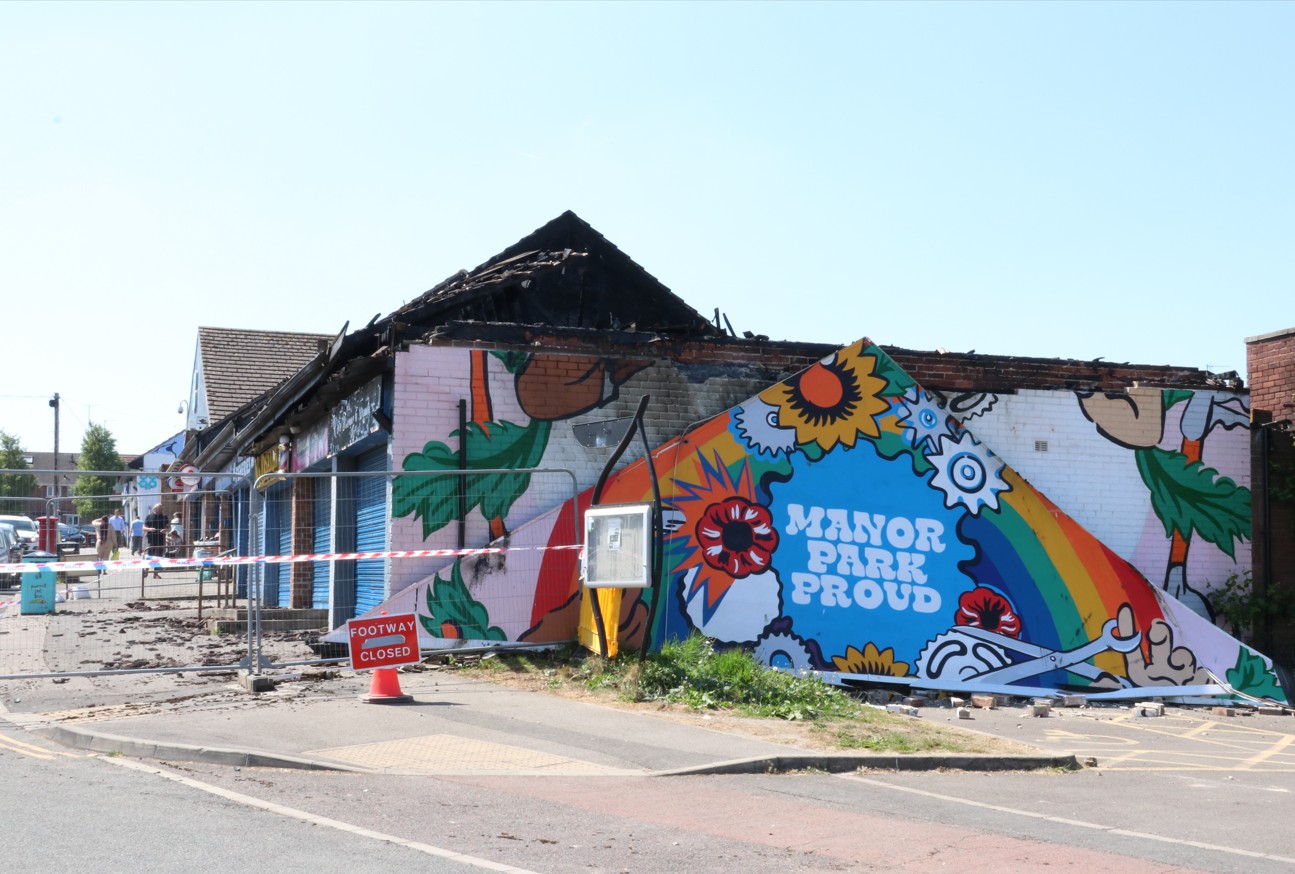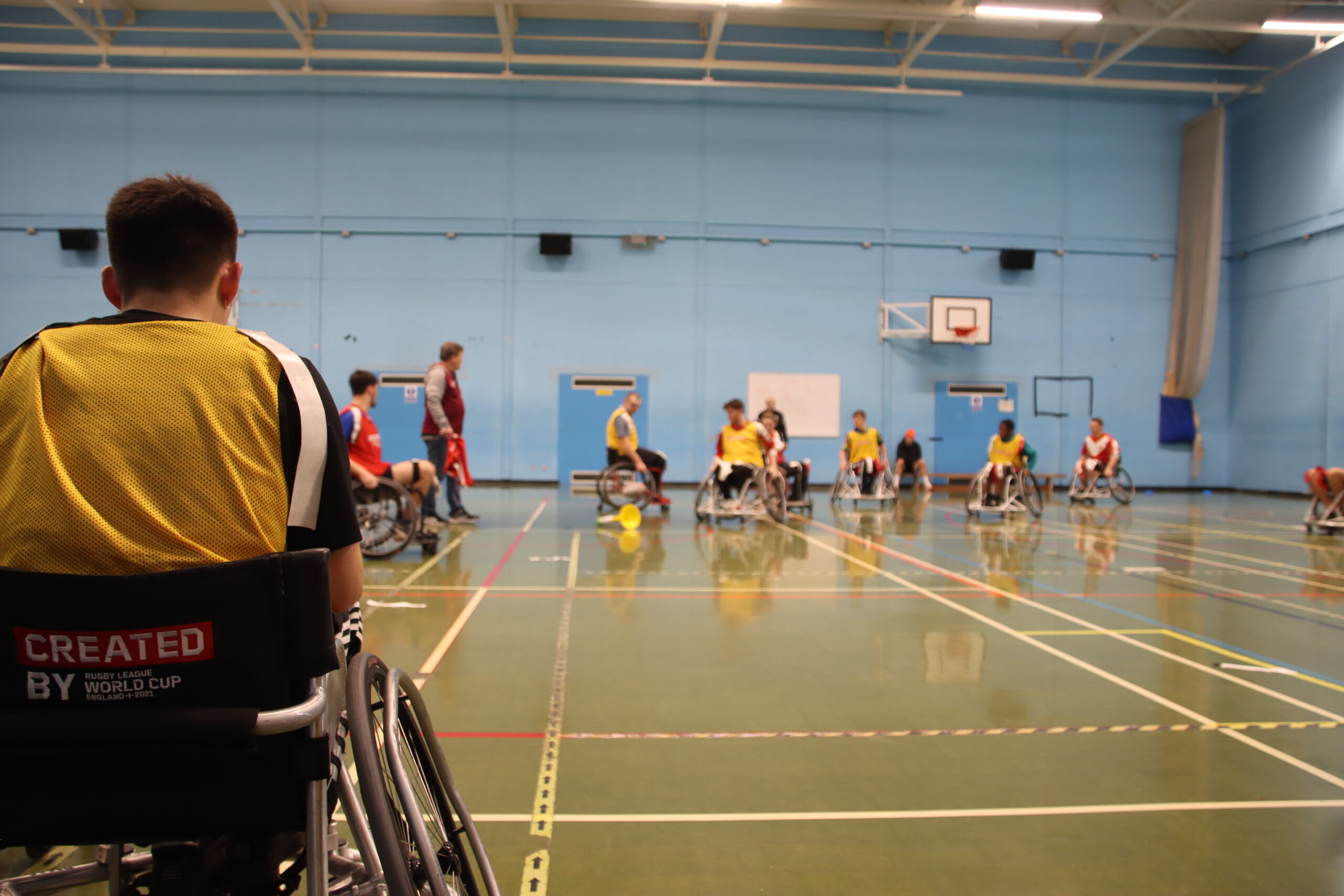Despite being home to one of the most successful clubs in women’s football, Doncaster Belles, the region currently has no representation in the Women’s Super League (WSL), the highest level of women’s football.
Sheffield United Women are the highest ranked side in the county and currently play in the second tier with the rest of the region’s main clubs playing in the fourth tier and below.
As interest in the women’s game grows across the board, the clubs face the difficult challenge of meeting demand with limited funding available at the bottom end of the pyramid.
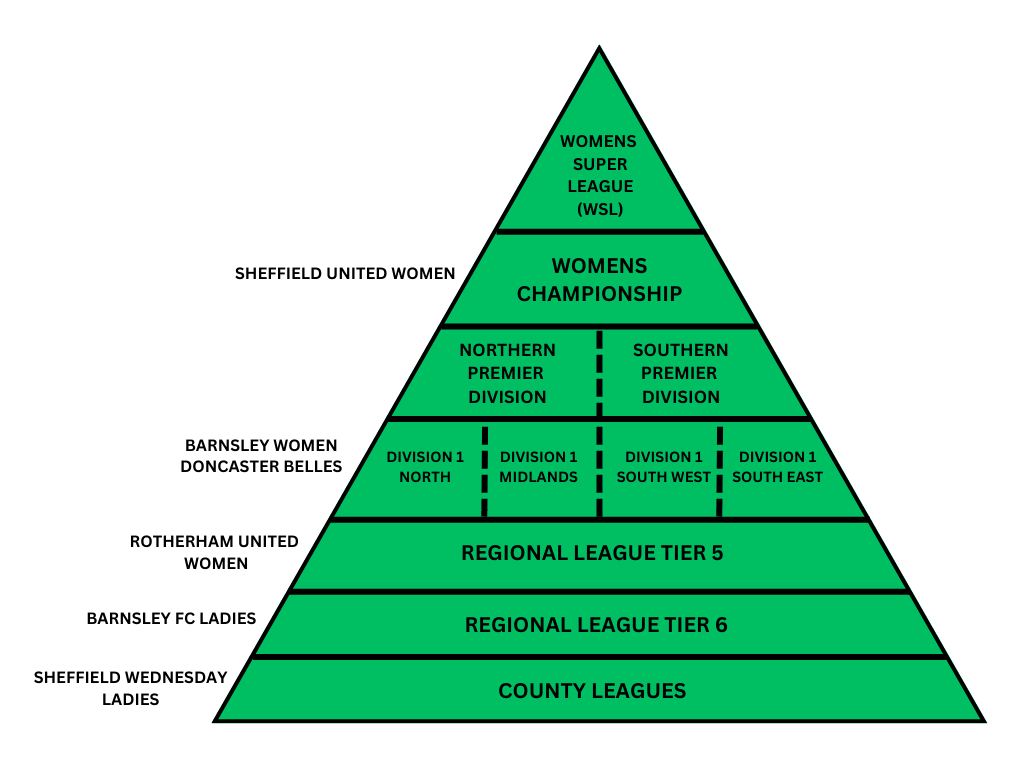
Sheffield United Women – Competing with the pros
Sheffield United Women are currently the highest ranked team in Yorkshire, playing in the second tier, the Women’s Championship.
The club have been making huge strides in recent years to increase the reputation of their women’s team.
Last season they announced that all of the Women’s league and FA Cup games would be played at Bramall Lane, the same as the men’s team.
And in February the Blades announced they had hired their first full-time women’s coach, Jonathan Morgan.
Speaking to the club media at the time, the club’s CEO Stephen Bettis highlighted how important it was for the Blades to make the appointment.
Mr Bettis said: “The fact that he’s our first full-time head coach affirms our commitment to women’s football at a very exciting time as Sheffield United look to enhance the club’s name within the women’s game.”
One of the main challenges facing the club as they look to become Yorkshire’s only WSL side is the fact that many clubs in the league train full-time, whereas the Blades currently operate on a part-time basis.
Sheffield United Women’s player Bex Rayner, said the uphill battle has galvanised the team.
Rayner said: “It’s not easy being a part-time team in a predominantly full-time league. It’s tiring having to fit everything in and still make sure you maintain focus, fitness and quality when you get to football.”
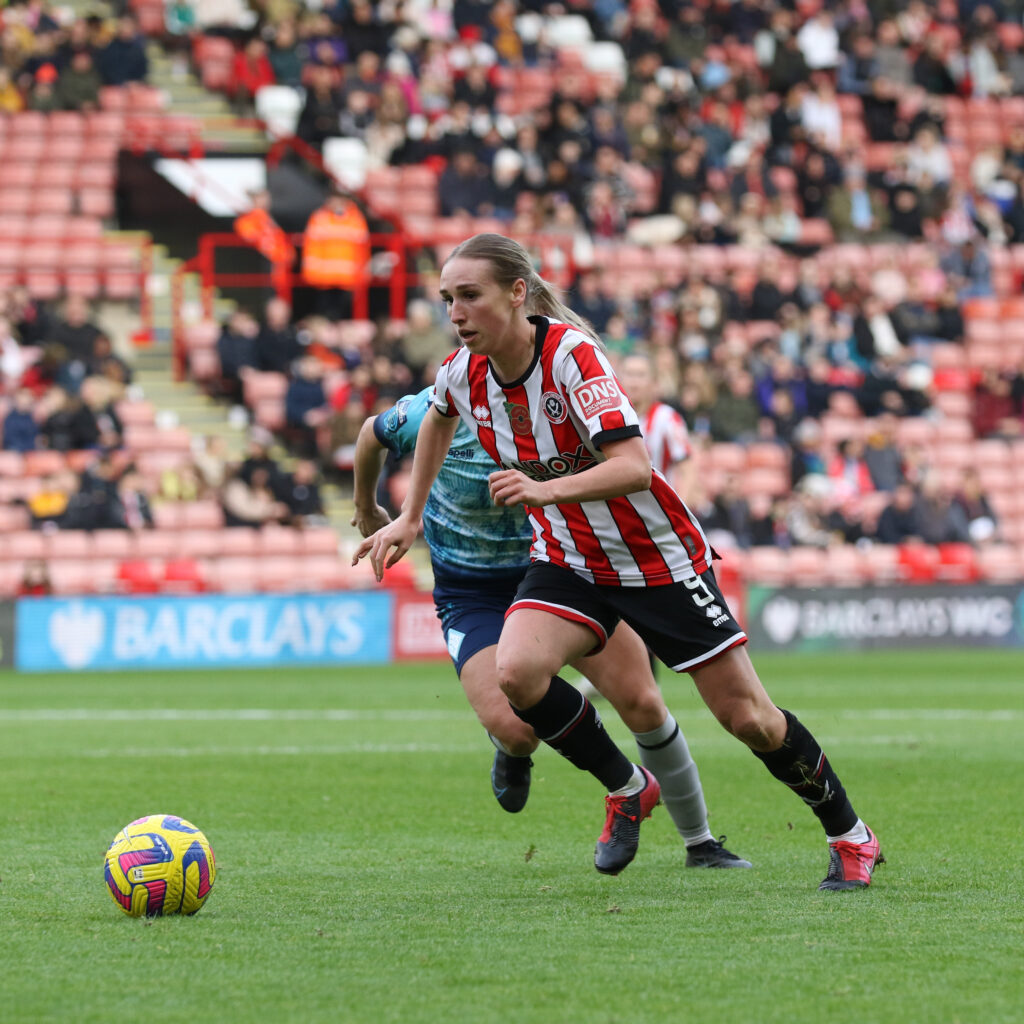
Doncaster Belles – Reclaiming former glory
Doncaster Belles have won six FA Cups, two first division titles and were founding members of the first national women’s league in 1991.
Controversially, they were relegated to the second tier in 2013 as part of a shake-up to the league system, and the introduction of the WSL.
The then Belles manager John Buckley described the relegation as ‘the most farcical thing I’ve ever heard’.
A series of financial issues off the pitch has left the former champions of England playing in the FA Women’s National League Division One Midlands, the fourth tier of football.
Nick Buxton, a former professional goalkeeper for Scarborough and Halifax Town, spent time as a coach at the Belles before becoming manager of the first team last September.
Buxton said: “They just don’t get the recognition they deserve. People just see it as a Sunday morning, they just think it’s a lower league.
“But if you look at it from a football pyramid, if you work the women’s league to the equivalent of the men’s, we’re in the same league as the men (Doncaster Rovers).”
Despite finishing second this season, only the top team is promoted to the first division leaving the Belles facing a fifth consecutive season in the fourth tier.
One of the shining lights for The Belles in recent years has been the top talent that continues to be produced by the club.
WSL stars and Euro 2022 winners Beth England and Millie Bright both came through the youth ranks at Doncaster.
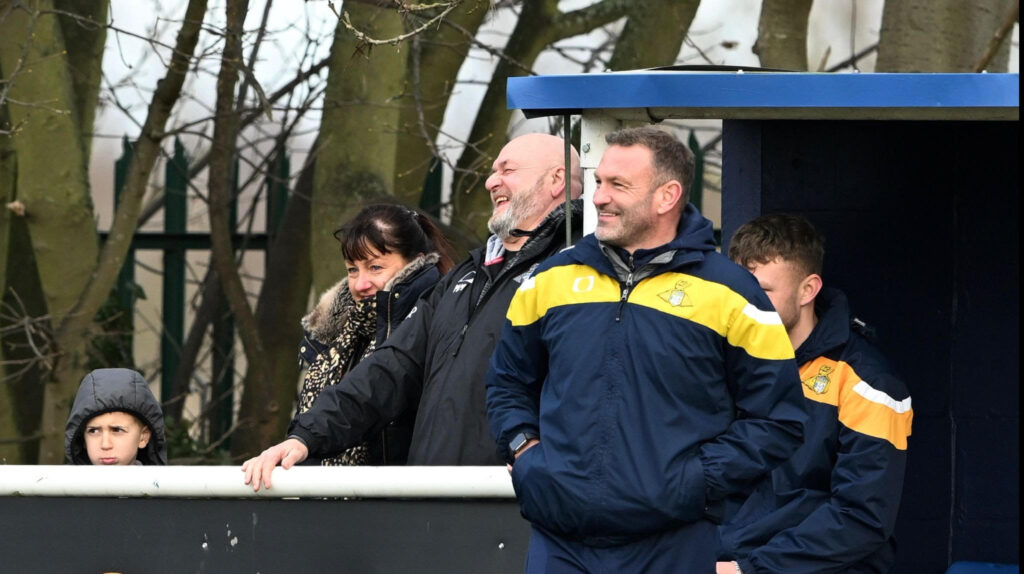
Barnsley Women’s FC – Going it alone
After originally being founded in 1982, Barnsley Women’s FC is an independent women’s football club based out of Barnsley.
Their first team currently plays in the FA Women’s National League Division One North in tier four, and their girls’ teams play in the Sheffield & Hallamshire Women & Girls League.
“We are an independent women’s football club who have the best interests for women and girls’ players at heart,” said Steve Maddock, the club’s chief executive officer.
“Facilities are scarce for women’s clubs, predominantly due to women’s football being banned for 50 years prior to 1972. This is the main factor as to why there are few independent women’s professional teams.”
The club proudly boasts one of only 60 Nationwide licences by the FA to operate an Emerging Talent Centre (ETC) to develop girls from the ages of 10-16yrs.
The club operated under the name of Barnsley Ladies FC for 34 years, until the end of the 2016/2017 season. Then they changed to Barnsley FC Ladies until becoming Barnsley Women’s FC for the 2019/2020 season.
The club’s first team home matches are played at the Recreation Ground in Wombwell, normally on a Sunday at 2pm, and are trying to find a venue for all their other teams in Barnsley.
The first team has had huge successes, and in November 2022 they played in front of a crowd of 28,585 against Newcastle Women at St James’ Park in the second round of the Women’s FA Cup.
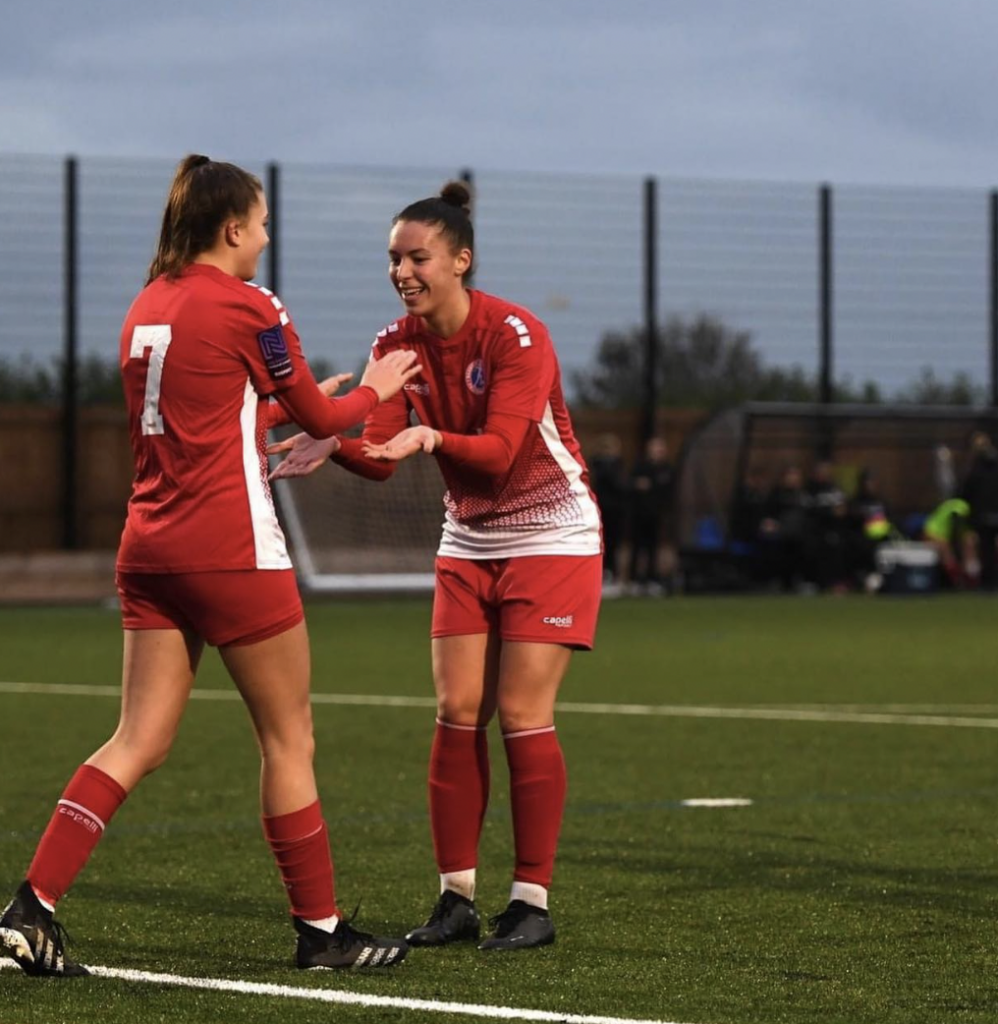
Rotherham United Women – A club on the rise
After starting out as a youth side in the 1960s known as Kilnhurst Shooting Stars, Rotherham were brought under the same banner as the men’s team in 2003.
They now play in the fifth tier of English football, The East Midlands Regional Women’s Football League.
First team manager Pete Jarvis said the club had developed drastically since he joined in February 2021.
Jarvis said: “We’ve gone from a backroom team of three staff to a backroom team now of myself, an assistant manager, a first team coach, a video analyst, a secretary, two goalkeeping coaches, a social media manager, a strength and conditioning coach.
“We’ve grown massively on and off the pitch.”
Last year Jarvis said the team would struggle to field a team, and trained just once a week on a five-a-side pitch.
But by utilising the clubs’ connection with the Rotherham United Community Trust, they have managed to attract more players.
Jarvis said: “We’ve got around 22 players on our books now and we’re establishing a reserve team for next season and I’m pretty confident that we have the demand to do that now.”
The national team’s success in Euro 2022 – during which Rotherham hosted four games – coupled with the financial support from the Community Trust, the club now has the funding and the interest to grow.
Rotherham Women have now been invited to the club’s end of season awards ceremony, and the Women’s team played at Rotherham United’s New York Stadium for the first time on Thursday May 11.
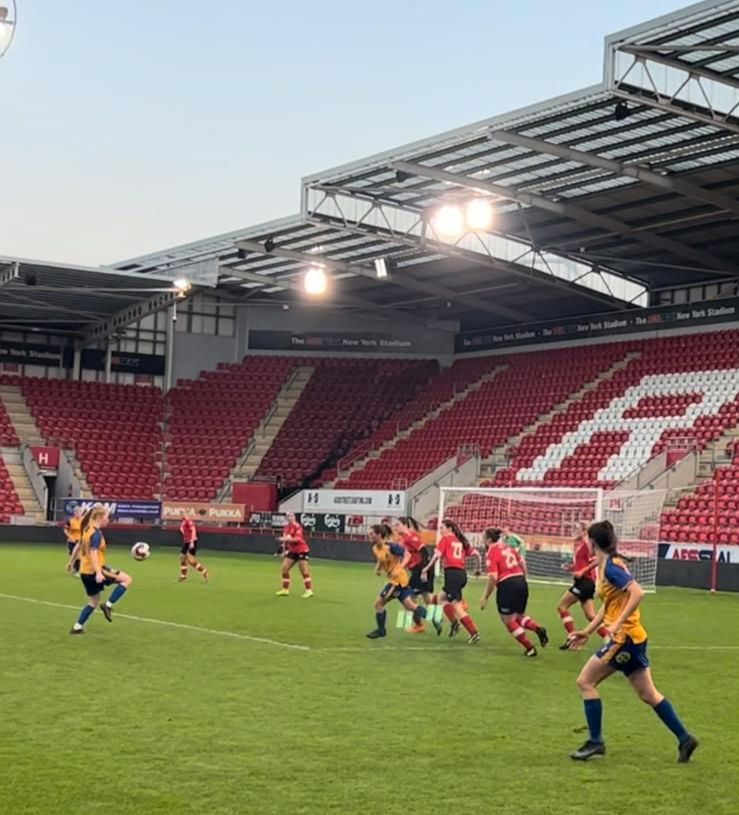
Barnsley FC Ladies – Expanding the outreach
Barnsley FC Ladies are the official women’s team of Barnsley FC after establishing a partnership in 2015.
The club operates 12 junior teams from under 8s up, and a first team which plays in the North East Regional Women’s Football League which is in tier six.
Chairman Brett Hawke said the connection with the club had helped increase the stature of the team.
He said: “The relationship we’ve got with the club is absolutely brilliant. They give us free tickets to every home game and we get to use the indoor facilities at the Academy.”
Similar to other clubs in South Yorkshire, Barnsley Ladies have seen a growing interest during the past few years.
One of the new developments at the club will see the introduction of a second open age team which will play more recreationally for those looking to enjoy the game.
“It’s just for people basically who want to enjoy it or for maybe girls who want to continue beyond their junior football, but don’t quite get to the level of our first teams.”
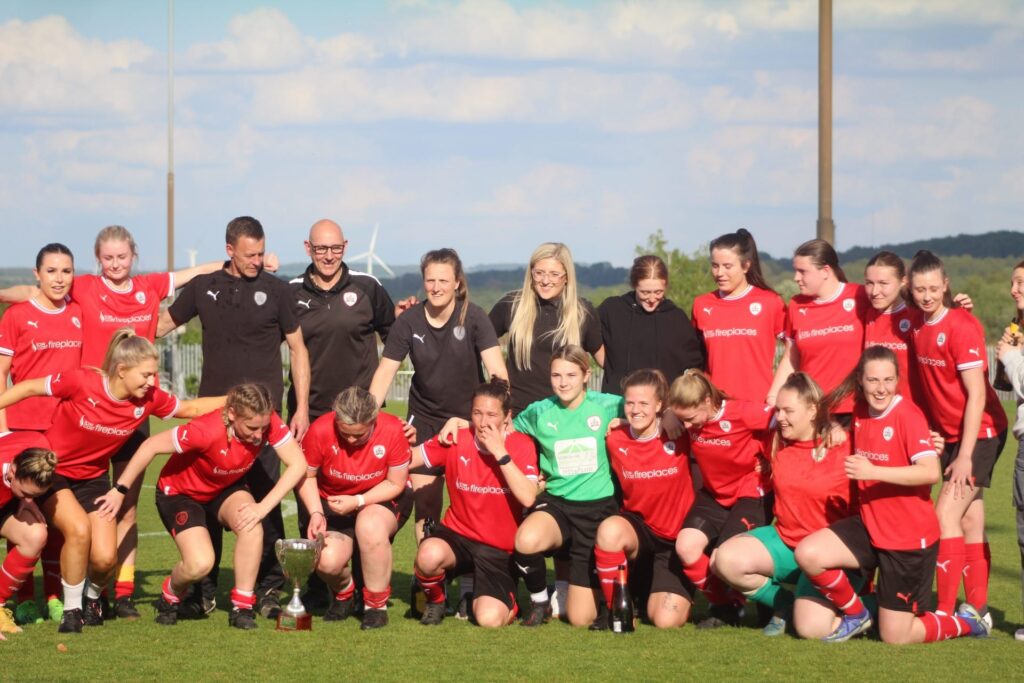
Sheffield Wednesday Ladies – Dreaming of the fourth tier
Sheffield Wednesday Ladies FC currently operate the largest women’s and girls’ football club in South Yorkshire.
Run by husband and wife duo Dave and Julie Higgins, the club’s chairman and secretary, SWLFC field teams from the under 8s level up to senior football, encompassing over 200 women and girls.
Mr Higgins said: “We’ve steadily been growing for the last 10 years. But certainly in the last two to three years, since England started being successful, the uptake has been massive.”
The Sheffield Wednesday Ladies first team currently play in the seventh tier, after being relegated from regional to local level this year.
“We’ve been playing regional level for the last 10 years up until unfortunately, this season, when we just had a lot of quality players retire prior to last season. So we were playing with a lot of youngsters and reserves, and it was a tough year for them.”
The team are officially connected to Sheffield Wednesday, but operate separately from the men’s club and have to raise the £40,000-a-year it takes to run the club by themselves.
Mr Higgins said: “Sheffield Wednesday allow us to use the badge, the name, they help us with kit supply with discounts. But basically we are run separately and we are self-funded solely by subs and fundraising.”
Mr Higgins claimed that a dream for him would be to see the team reach the national level (tier 4) and play games at Hillsborough, but admitted that rising through the divisions is difficult without funding.
“It can cost in the region of about £150,000 just to compete in the top two divisions, that’s before you start paying players.”
For Wednesday, one of the key focuses is on the youth structure, and the club are preparing to add an under 8s team to their ranks.
“We pride ourselves on the fact that we’ve always offered girls a pathway through to senior football. We’ve got players playing in the first team at the minute who joined the club under nine from the junior ranks and got to the first team,” Mr Higgins said.


